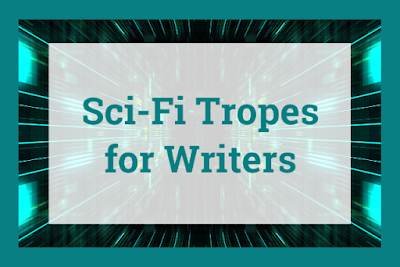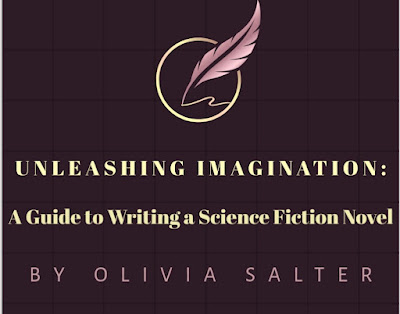Unleashing Your Authorial Potential: Celebrating the Magic of Storytelling
by Olivia Salter
From the captivating tales of ancient bards to modern-day bestsellers, storytelling has held a special place in human culture throughout history. The art of writing allows us to express our creativity, share our thoughts, and transport readers to magical worlds. Join us as we embark on a journey to explore the enchanting art of writing and discover the boundless potential of becoming an author.
The Power of Words:
Writing is a medium that has the power to captivate, inspire, and transform. With just a pen and paper or a keyboard and screen, an author can create worlds, shape characters, and evoke emotions in readers. Every word carries weight, and the art lies in choosing the right ones to paint a vivid and engaging picture in the reader's mind.
The Elements of a Compelling Story:
Unlocking your authorial potential begins with understanding the elements that make a story compelling. Whether you dream of crafting a gripping thriller, a heartwarming romance, or a fantastic adventure, these key ingredients can shape your narrative:
1. Characters: The heart and soul of any story character breathe life into the pages. Develop complex, relatable characters that resonate with your readers, allowing them to form emotional connections and immerse themselves in your story.
2. Plot: A well-crafted plot takes readers on a journey filled with twists and turns of suspense and resolution. Develop a compelling storyline that keeps readers hooked from beginning to end, making them eager to uncover what happens next.
3. Setting: The backdrop against which your story unfolds is crucial in creating a rich and immersive experience. Use descriptive language to transport readers to lush landscapes, bustling cities, or otherworldly realms, stimulating their senses and enhancing their connection to the story.
4. Theme: Themes add depth and meaning to your writing, providing a thread for readers to follow and contemplate. Themes can explore love, loss, friendship, perseverance, or any topic that resonates with the human experience.
Honing Your Craft:
Unleashing your authorial potential requires practice, persistence, and a dedication to improving your craft. Here are some tips to help you refine your writing skills:
1. Read widely: Immerse yourself in the works of various authors and genres. Study their writing techniques, voice, and storytelling prowess. By reading, you'll expand your knowledge and vocabulary and gain valuable insights into what makes a great story.
2. Write regularly: Set aside dedicated time to write every day, even if it is just for a few minutes. Consistency helps develop discipline, which hones your writing style and allows your creativity to flourish.
3. Seek feedback: Share your work with others, whether through writing groups, workshops, or online platforms. Constructive criticism will help you identify areas for improvement, validate your strengths, and inspire new ideas.
4. Embrace revision: Writing is a process, and revision is a crucial part of it. Embrace the opportunity to refine and polish your work. The more you revise and edit, the more your writing will evolve into its strongest form.
Celebrating the Magic of Storytelling:
Join a community of fellow writers and enthusiasts who share your passion for storytelling. Attend writing conferences. Join online forums or participate in local writing workshops to connect with like-minded individuals. Engage in conversations, exchange ideas, and celebrate the art of writing together. The support and camaraderie of a writing community can provide inspiration, encouragement, and invaluable opportunities for growth.
In conclusion, unleashing your authorial potential is an exciting and rewarding journey. By delving into the art of writing and celebrating the magic of storytelling, you have the opportunity to create something truly extraordinary. Remember, your unique voice and perspective have the power to transport readers, ignite imagination, and touch the hearts of countless individuals. So grab your pen, unleash your creativity, and embark on this magnificent adventure of self-expression and storytelling.




.jpg)
.jpeg)
.jpg)


